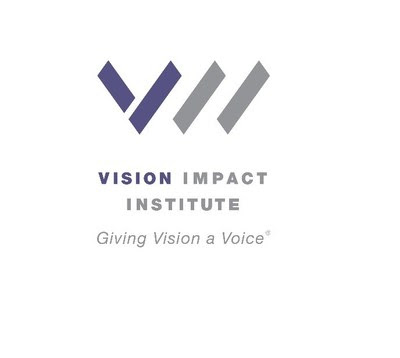Study in The Gambia underscores success of local approach and policymaking.
DALLAS, July 8, 2021 /PRNewswire/ — A recent study of OneSight Vision Centers in The Gambia offers new insight into the importance of implementing a strengthening program for services that address poor vision through a health system lens.

The study, supported by the Vision Impact Institute and conducted by Brandeis University in coordination with OneSight, examines how seven OneSight Vision Centers and the glasses manufacturing lab, now open there, are increasing access to vision care and awareness of uncorrected vision among the local population.
“We are proud to partner with The Gambia Ministry of Health to provide vision care access to the country’s entire population of 1.9 million people,” said K-T Overbey, President & Executive Director, OneSight. “Clear sight has a direct impact on education, work productivity and driving safety.”
In The Gambia, according to the International Agency for the Prevention of Blindness (IAPB), only four optometrists served the country in 2014. Although one in three Gambians needs refractive error correction, only half are aware they have a vision problem.
“This research highlights the power of individual countries committed to improving the vision of their population, blending local expertise with the technical leadership of organizations in the sector to create new models for care,” says Kristan Gross, Global Executive Director, Vision Impact Institute. “Several best practices stand out including the importance of strong local policymaking, public-private partnership, empowering and developing human resources, and innovative financing.”
Collaborations, like those in The Gambia, create crucial investments in a promising future for generations, while creating awareness, reducing the prevalence of poor vision and contributing to achieving the UN Sustainable Development Goals.
About the Vision Impact Institute
The Vision Impact Institute’s mission is to raise awareness of the importance of vision correction and protection to make good vision a global priority. Its Advisory Board is comprised of four independent international experts: Pr. Clare Gilbert (United Kingdom), Mr. Allyala Nandakumar (United States), Dr. Serge Resnikoff (Switzerland), and Dr. Wang Wei (China).
The Vision Impact Institute is a registered 501(c)(3) non-profit organization, which receives support from the Vision for Life Fund from Essilor, the world leader in ophthalmic optics. The Vision Impact Institute hosts a unique database of research at visionimpactinstitute.org .
Contact:
Andrea Kirsten-Coleman
Global Communications Manager
andrea.kirsten@
Logo – https://mma.prnewswire.com/
